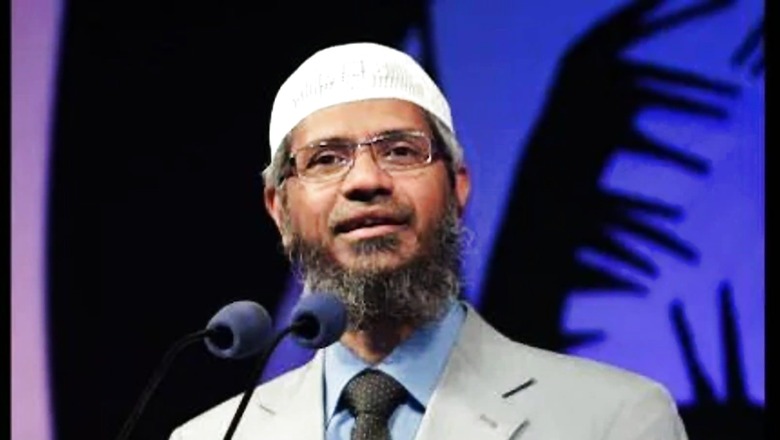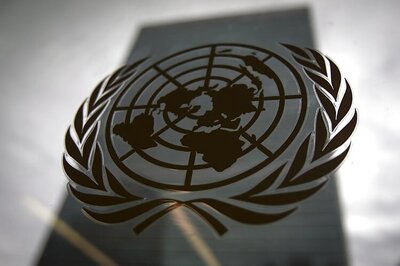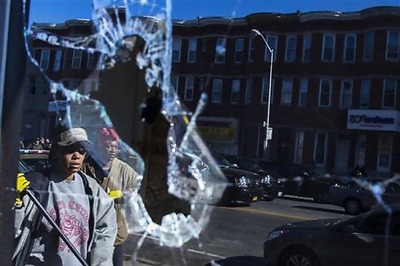
views
A tribunal under the Unlawful Activities (Prevention) Act in its order has said that there are sufficient reasons and causes for declaring controversial televangelist Zakir Naik’s Islamic Research Foundation (IRF) an illegitimate association.
Naik, who fled the country in 2016, is wanted by Indian authorities on charges of terror financing, hate speech, inciting communal hatred, and money laundering.
His IRF was banned by the union home ministry under UAPA until November and the order was extended for five years that month. The tribunal in its ruling has said that there are sufficient reasons and causes for declaring the Islamic Research Foundation an unlawful association.
A gazette notification with the order of the tribunal published on Wednesday said, “In view of the aforesaid test laid down by the judgement of the Hon’ble Supreme Court and the convincing and persuasive evidences placed on record, this Tribunal is of the view that there are sufficient reasons and causes for declaring the Islamic Research Foundation as an unlawful association and consequently, this Tribunal confirms the Notification dated 15.11.2021, issued by the Government of India for the imposition of ban on IRF for a period of five years with effect from the date of the aforesaid notification, i.e. 15.11.2021.”
The central government had issued a notification to extend the ban on the IRF for five more years. Following this, a single-member tribunal constituted through a notification on December 13, 2021, was vested with the power to adjudicate whether there was sufficient cause to declare the IRF an unlawful association and to ban its activities.
“The Central Government banned the IRF on the information received by it pertaining to the various cases that had been registered against Dr Zakir Naik and other members of the IRF under the provisions of the Indian Penal Code, Information Technology Act and the UAPA, 1967,” the notification says.
“Zakir Naik, despite leaving for Malaysia in 2016, continues to reach out to his followers propagating his teachings via frequent videos and posts on social media, promoting hatred and ill-will between different religious communities and forcible conversion of the youth to Islam and for making derogatory statements against the Hindu, Hindu Gods and other religions.” the official document published by the home ministry said.
While giving reasons for banning the IRF, the notification says that “Dr Zakir Naik had been encouraging and aiding its followers to promote or attempt to promote, on the grounds of religion, disharmony or feelings of enmity, hatred or ill-will between different religious communities and groups and that the speeches of Dr Zakir Naik, were objectionable as he has been extolling known terrorists, proclaiming that every Muslim should be a terrorist and promoting forcible conversion of the youth to Islam, justifying the suicide bombings, posting objectionable comments against Hindu, Hindu’s God and other religions which are derogatory to other religions and further inspiring the Muslim youth and terrorists in India and abroad to commit terrorist acts”.
The unlawful activities of the IRF, its members, as well as its sympathisers were noticed in Gujarat, Karnataka, Jammu and Kashmir, Jharkhand, Kerala, Maharashtra and Odisha, the home ministry document said.
The central government was of the opinion that the acts of the IRF, its president and members were highly inflammatory in nature and prejudicial to the maintenance of harmony between various religious groups and communities and that such a divisive ideology is against India’s pluralistic and secular social fabric and it may be viewed as causing disaffection against the country, said the notification.
These reasons forced the central government to declare the IRF an unlawful association with immediate effect; otherwise, there was every possibility of the youth being motivated and radicalised to commit terrorist acts thereby promoting enmity among different religious groups, the document said.
The tribunal ensured that exhaustive steps were taken to serve the notices to the IRF.
The central government sought direction that the proceedings be conducted ‘in-camera’, keeping in mind the sensitivity and confidentiality involved in the matter, and the same was allowed.
Read all the Latest News India and Breaking News here




















Comments
0 comment